Temperature minds voters, separate corners for those with fevers, uncommon surveying stations for the isolated: South Koreans went to the surveys Wednesday with a major turnout expected regardless of the coronavirus danger.
South Korea is the principal nation with a significant infection flare-up to hold a national political race since the worldwide pandemic started, and an intricate trap of wellbeing measures was spun around the polling form, just as the battling that went before it.
The parliamentary survey vote commenced at 6 am (2100 GMT Tuesday) with 43.9 million voters qualified to cast their voting forms.
All residents must wear defensive covers and experience temperature checks at the surveying station. Those found to have a fever will cast their voting forms in isolated stalls to be sanitized after each utilization.
Voters have likewise been approached to wear plastic gloves in the wake of cleaning their hands with sanitizer at surveying stations, and to keep at any rate one meter (three feet) separated.
"We are presently holding a political race at an extremely troublesome time amid social separating efforts and withdrawal of monetary action," political race commission administrator Kwon Soon-il said Tuesday.
"If you don't mind go to the surveying stations tomorrow and show that you are the proprietors of this nation."
South Korea was among the primary nations to be hit by the infection outside China, where the coronavirus first rose.
For a period South Korea had the world's second-biggest flare-up before it was generally managed through a boundless testing and a contact-following drive.
That self-isolating at home will be permitted out to cast a ballot in a 100-minute window around the surveys' 6:00 pm-close, as long as they don't show infection indications.
Extraordinary surveying stations were set up at eight focal isolate offices at the end of the week to empower inhabitants to cast a ballot.
Yet, any individual who is remaining at home and has created manifestations is successfully disappointed.
Battling has additionally been influenced by the flare-up: rather than the conventional handshakes and disseminating of name cards, up-and-comers have been staying away from residents, bowing and offering an intermittent clench hand knock.
Many have gone to online media, for example, Youtube and Instagram to associate with voters, while some have even elected to purify portions of their voting demographics.
Record early turnout
A study directed by Gallup Korea a week ago demonstrated that 27 percent of respondents were hesitant to cast a ballot because of the scourge.
Be that as it may, 72 percent said they were not stressed, and a high turnout is normal after 11.7 million individuals, incorporating President Moon Jae-in, cast a ballot right on time throughout the end of the week.
South Korea's moderately snappy and successful treatment of the pandemic has been a shelter for the left-inclining Moon in front of the vote, to a great extent observed as a submission on his presentation.
Only a couple of months prior he was attacked by pundits over slow financial development and his timid way to deal with North Korea.
Be that as it may, less than 40 new coronavirus cases were recorded on every one of the six days up to and including Monday, the most recent accessible figures.
By and large, the nation has had about 11,000 diseases, and 222 passings.
Moon's endorsement rating has hopped from 41 percent in late January to 57 percent a week ago, as indicated by Gallup surveys.
Moon's position isn't an issue as he is legitimately chosen, yet while his Democratic gathering is the biggest in parliament it doesn't hold a greater part, depending on minority backing to pass enactment.
The nation utilizes a blend of first-past-the-post supporters and relative portrayal, and some secondary school understudies are deciding in favor of the first run through after Seoul brought down as far as possible from 19 to 18.
South Korea bans assessments of public sentiment in the most recent week before a political decision, yet the last accessible gave the Democratic party 44 percent support, an enormous lead over the primary traditionalist restriction United Future Party, on 23 percent.
From the outset the coronavirus flare-up neutralized the legislature, said Hahn Kyu-sup, an interchanges educator at Seoul National University, "however now with the infection spreading to different nations and South Korea getting a moderately decent assessment in the examination, the pestilence has become a bit of leeway".
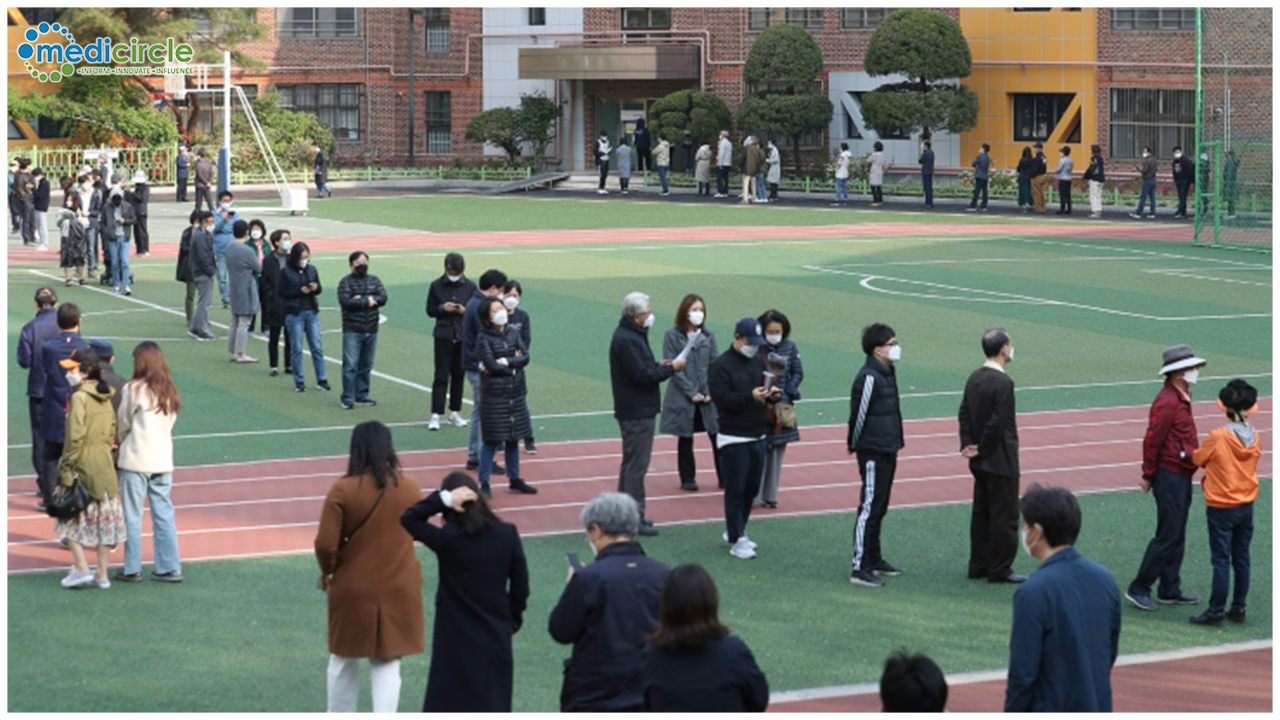
 South Korea is the first country with a major virus outbreak to hold a national election since the global pandemic began.
South Korea is the first country with a major virus outbreak to hold a national election since the global pandemic began.





.png)
.png)



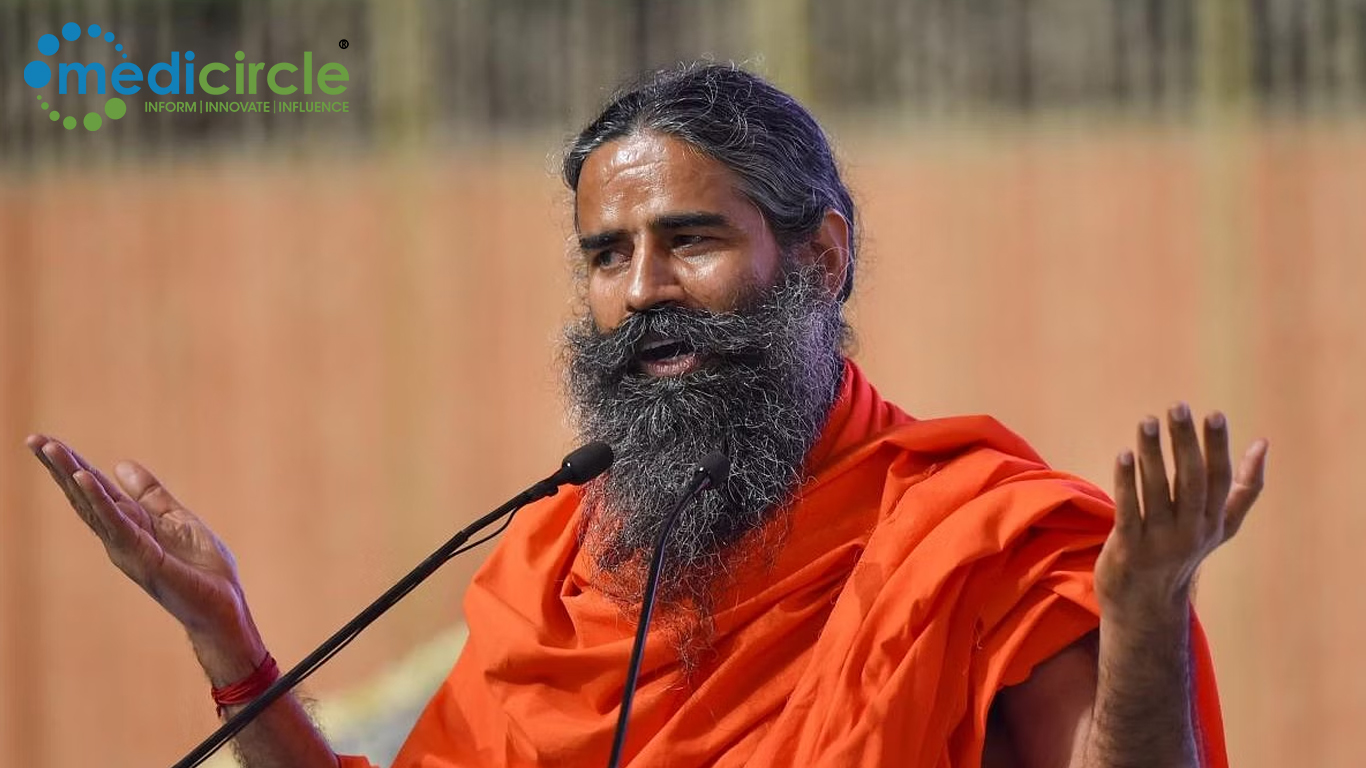
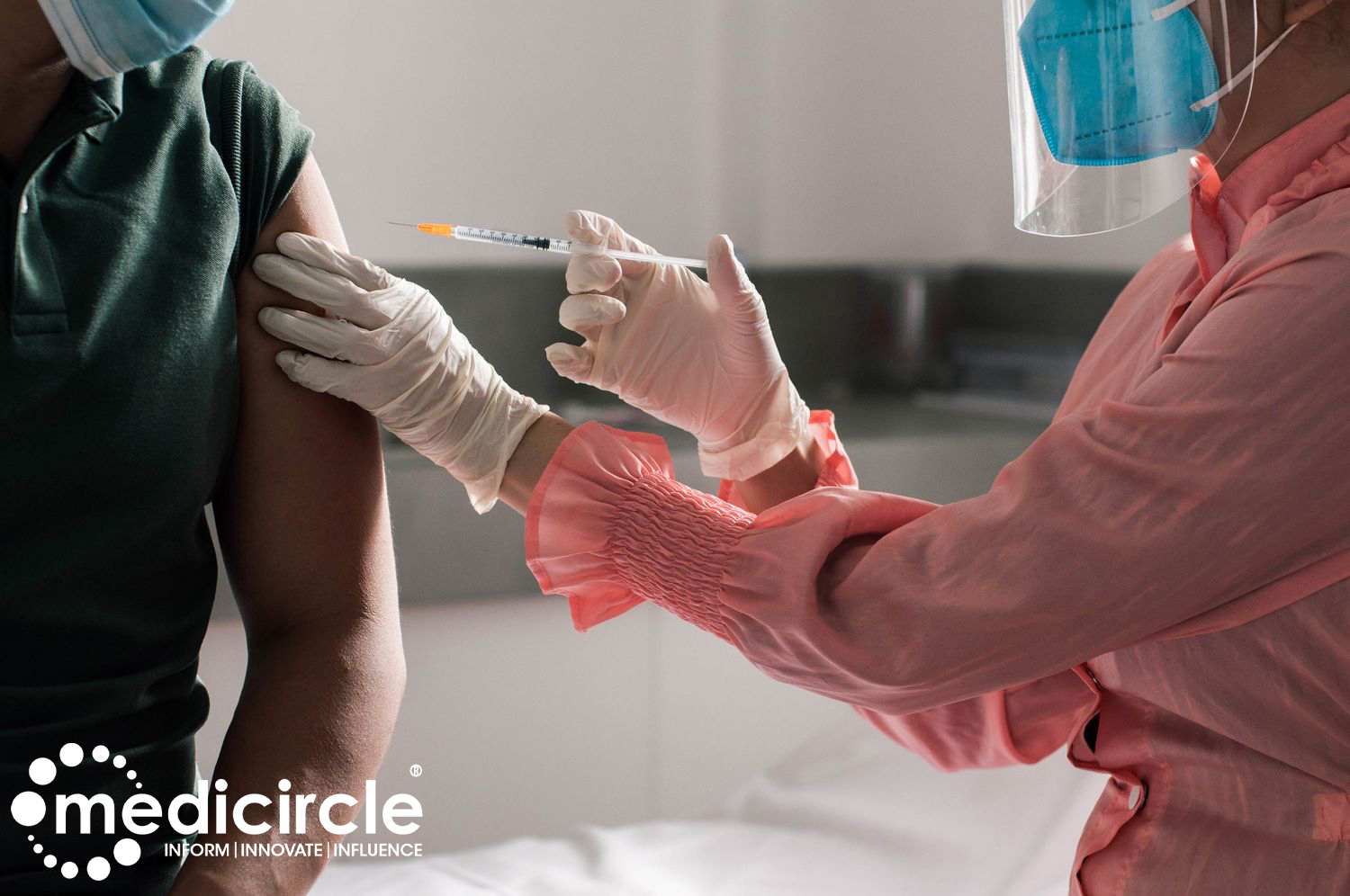
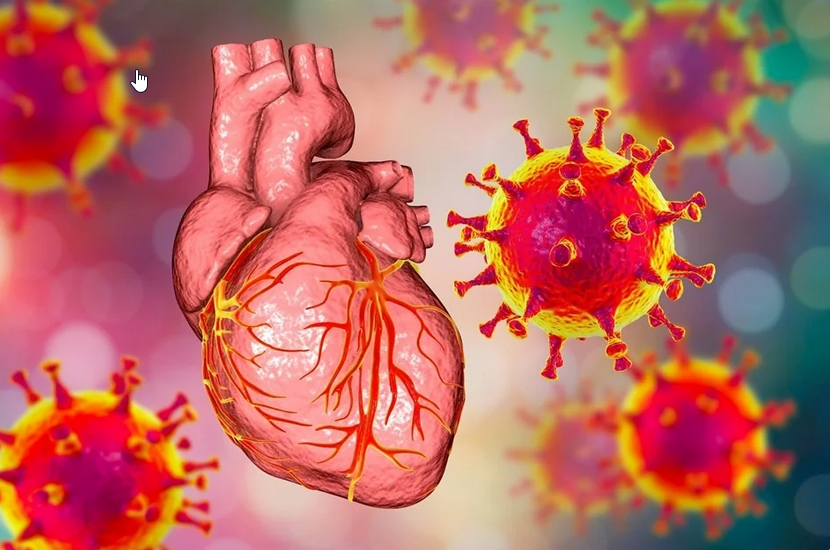
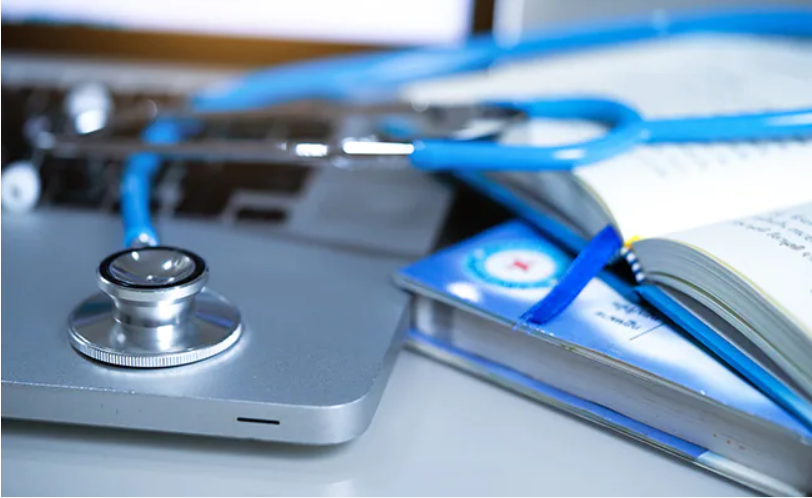





.jpeg)

.jpeg)










.jpg)




.jpg)

